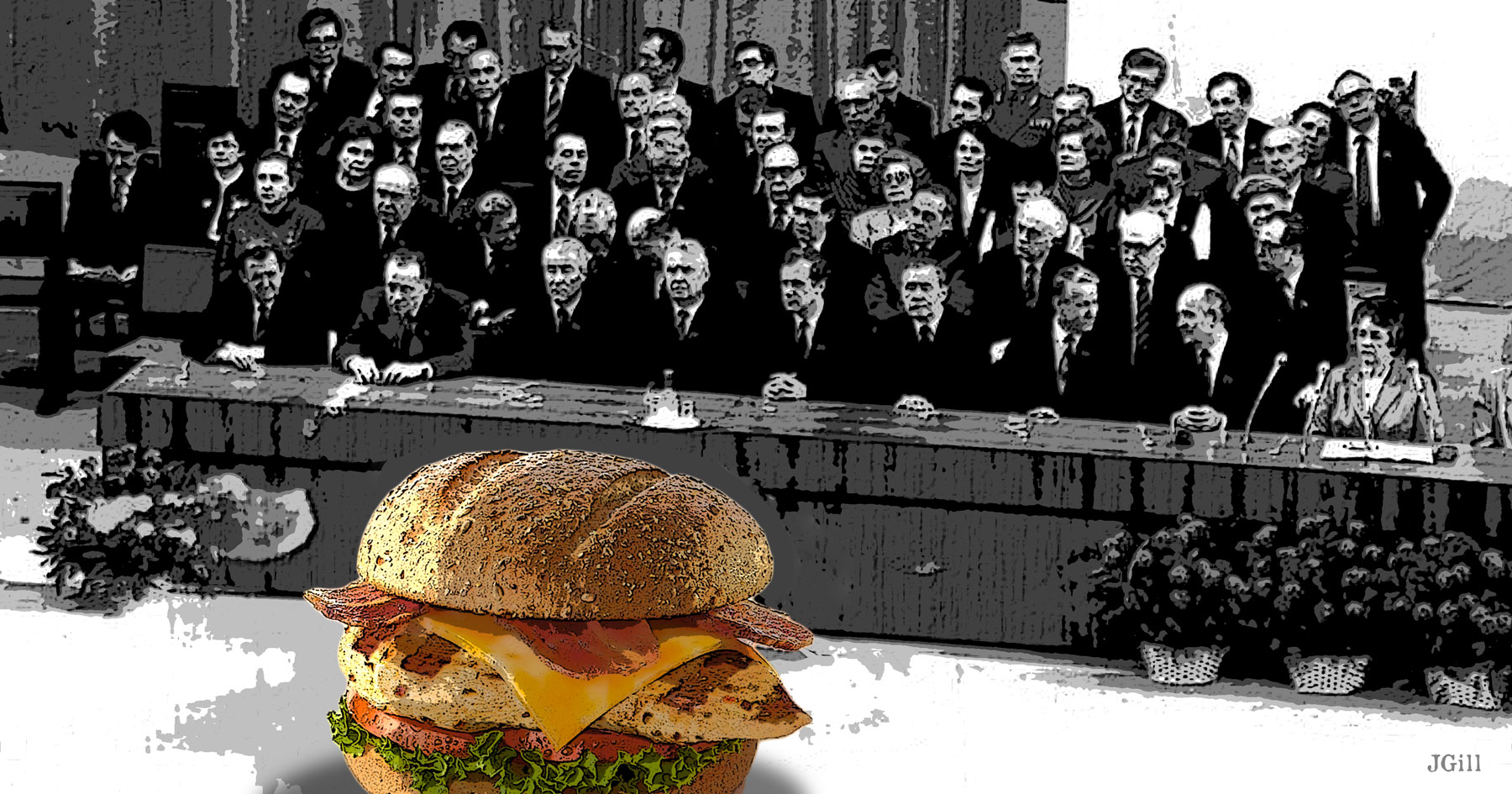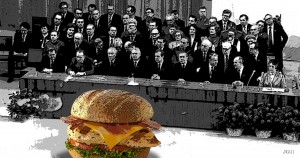When I go to the supermarket, and get asked “paper or plastic?” — about which bag the checker should wrap my purchases in — I almost always say “plastic.” They are lighter than paper bags, are easily re-usable for a wide variety of home purposes, and resist water — thus less apt to self-destruct on the trip from store to car, car to kitchen.
Of course, anything plastic and mega-popular makes a perfect target for environmentalist critics. Hundreds of cities, particularly on the West Coast — but throughout the world — now outlaw plastic bags or restrict their use.
We are encouraged to buy and re-use cloth shopping bags — which in my experience get stinky pretty quickly.
On many issues (say, pollution) my heart is with the environmentalists. But on the bag issue, I’m skeptical. Thankfully, Katherine Mangu-Ward has a great piece at Reason, showing that the scientific case against the plastic bag is weak — weaker than a paper bag holding wet veggies, an exploded Coke, and frozen meat.
Plastic bags are not the litter problem they’ve been cracked up to be, she says, citing one study figuring that “all plastic bags, of which plastic retail bags are only a subset, are just 0.6 percent of visible litter nationwide.”
And, as for harm to wildlife, she quotes a Greenpeace biologist to good effect: “It’s very unlikely that many animals are killed by plastic bags. The evidence shows just the opposite. We are not going to solve the problem of waste by focusing on plastic bags.… On a global basis plastic bags aren’t an issue.”
What is at issue is their utility, reusability, and … our freedom.
This is Common Sense. I’m Paul Jacob.











